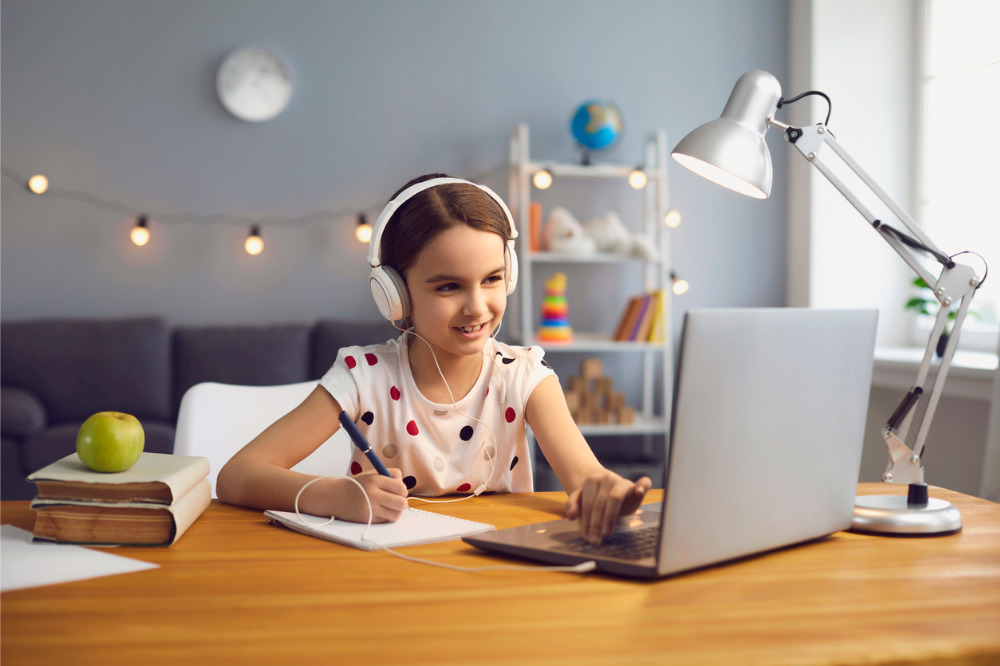
Three-in-five (64%) Australian parents say their kids have been seriously impacted by continued disruptions due to COVID-19, new research shows.
According to the latest data captured within the Real Education Report 2022, the past two years have left more than half (51%) parents feeling their children have fallen significantly behind academically and are struggling to catch up. In addition, 46% of parents also feel the constant disruptions will also lead to long-term impacts on their academic progress and job prospects.
The research also looks at Aussie parents’ key decision drivers around school preferences, as most (62%) parents have changed their perspective on what defines a good school in 2022. Recent experiences have also seen private schools become even more of a front runner, as more parents are now favouring private schools after their COVID-19 experiences.
Deirdre Brandner, who has over 30 years experiences as a Psychologist, provides support to both children, adolescents and their families, in the areas of Anxiety and Behavioural issues and further expertise with Autism Spectrum Disorder.
“Many children fell behind during school shutdowns and will need to focus again on key basic skills such as comprehension, writing and maths. This can impact your child’s sense of self,” Brandner told The Educator.
“Using lots of positive language to encourage your child will build their confidence and help them to always try their best, even when they’re finding something challenging.”
Brandner said if parents are concerned about their child’s progress or are struggling emotionally, it is important for them to contact their teacher.
“Communication with the school is important but ensure this occurs without the child present. Email contact is best for teaching staff at the beginning of the year as it is a very busy time. Identify who the relevant individuals are to respond to your questions or concerns within the school community,” she said.
“Even though our children have missed out on a lot over the last two years they don’t need to catch up on everything straight away. Keep activities to a minimum to assist with the re-entry into normal school weeks.”
The concerns parents had about the long-term impacts of COVID-19 were gaps in their overall education (60%); lack of key skill development (52%); engagement with studies and motivation to learn (46%); stunted/slower educational progress (46%); and poorer employment prospects (31%).
One-in-three (33%) have sought any special considerations in their education due to difficult circumstances during COVID-19 including missing class (17%), passing exams (11%), entry to a school (8%), avoiding repeating a year (8%) and entry to university (7%).
Top 5 considerations that have become most important for parents
- Safe operating conditions for managing on site schooling during pandemics (54%)
- Access to digital resources and effective support for home schooling when needed (46%)
- Academic reputation/NAPLAN results (36%)
- Artistic/creative/environmental/other reputation (25%)
- Private vs public school (24%).
“We all want the very best for our children, and at times this passion can override sound decision making. It is important as parents that you decide what is most important for you and your family, what matter most, what do you really value,” Brandner said.
“They may want to consider a lesser-known or less expensive private school as better outcome for the family in terms of less financial stress and a more relaxed atmosphere at home. Families need to clear as to whether the financial strain of the decision to be in private schools is tolerable.”
Brandner said it’s important that families look at the details and understand what the costs are going to be.
“It is important to consider how the school will support those children who struggle as well enrich those who are very capable.”


